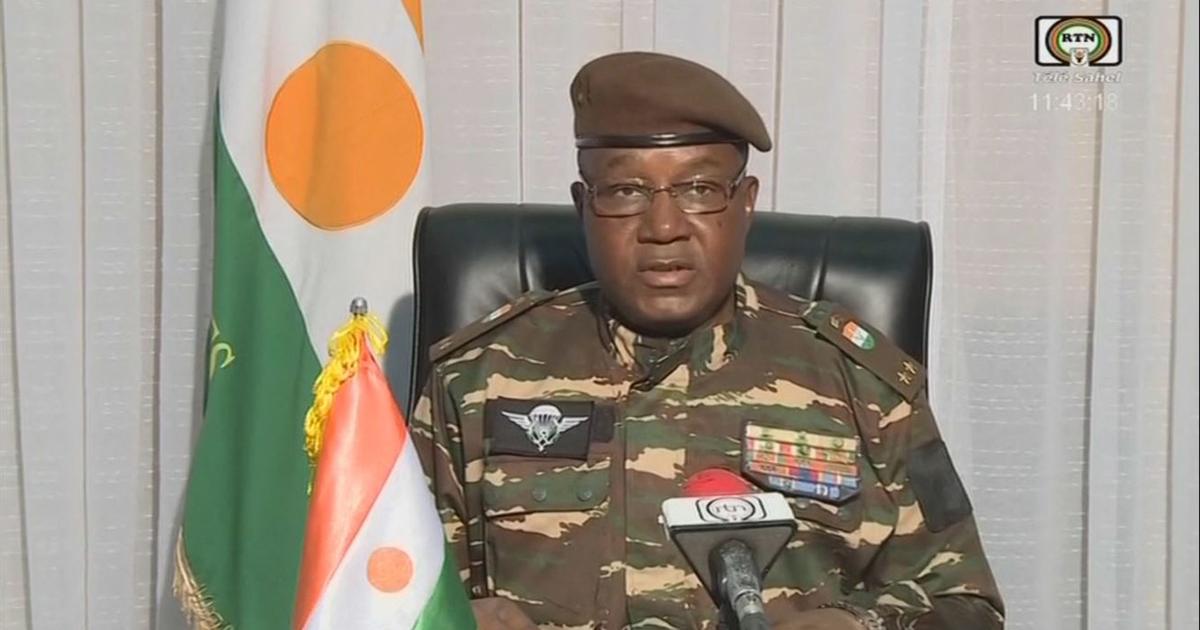Dialogue with armed groups arises from a humanitarian need to gain access to populations in the territories they control, ICRC President Peter Maurer stressed on Monday, refuting allegations of connivance with jihadist groups.
An article criticizing the International Committee of the Red Cross (ICRC) for making a pact with jihadist armed groups in Burkina Faso, published on August 4 on the website of the French weekly
Valeursuelles,
and widely reported by local media, had aroused strong reactions within the Burkinabé population.
“We maintain dialogues
(with armed groups)
not to please or to confer some legitimacy whatsoever on armed groups or on a government.
We do this out of necessity, for a humanitarian need, ”
said Peter Maurer at a press conference.
"We do not make a pact with them, contrary to what is implied in the article, we try to speak up with non-state armed groups because we want to provide humanitarian assistance to these people who are in need"
, supported the head of the ICRC delegation in Burkina Faso, Laurent Saugy.
Read also: Undermined by jihadism, Burkina Faso threatens to collapse
"We are aware that working in a conflict situation and trying to negotiate a neutral and impartial humanitarian space involves many difficulties and requires delicacy"
, admitted Peter Maurer, adding that these attempts at dialogue fall under international humanitarian law.
“It's not today that we invented the dialogue with all arms bearers.
We have been doing this for decades.
We have practices and protocols that we apply here as elsewhere ”,
assured Peter Maurer.
“The real problem is not whether the ICRC is talking to this or that armed group.
The question is whether the groups can talk to humanitarian workers to allow access to territories controlled by themselves and where populations have needs, ”
he added.
In Burkina Faso, where jihadist violence has killed more than 1,100 and forced more than a million people to flee their homes, humanitarian access to affected communities is complex in some regions.
Whole swathes of the territory, particularly in the north and central north, are under the control of armed jihadist groups.
The intensification of violence is hindering access to essential services, including health care, with 14% of health facilities having been closed or only partially functioning, according to the ICRC.
Read also: Two jihadist attacks bloody Burkina Faso


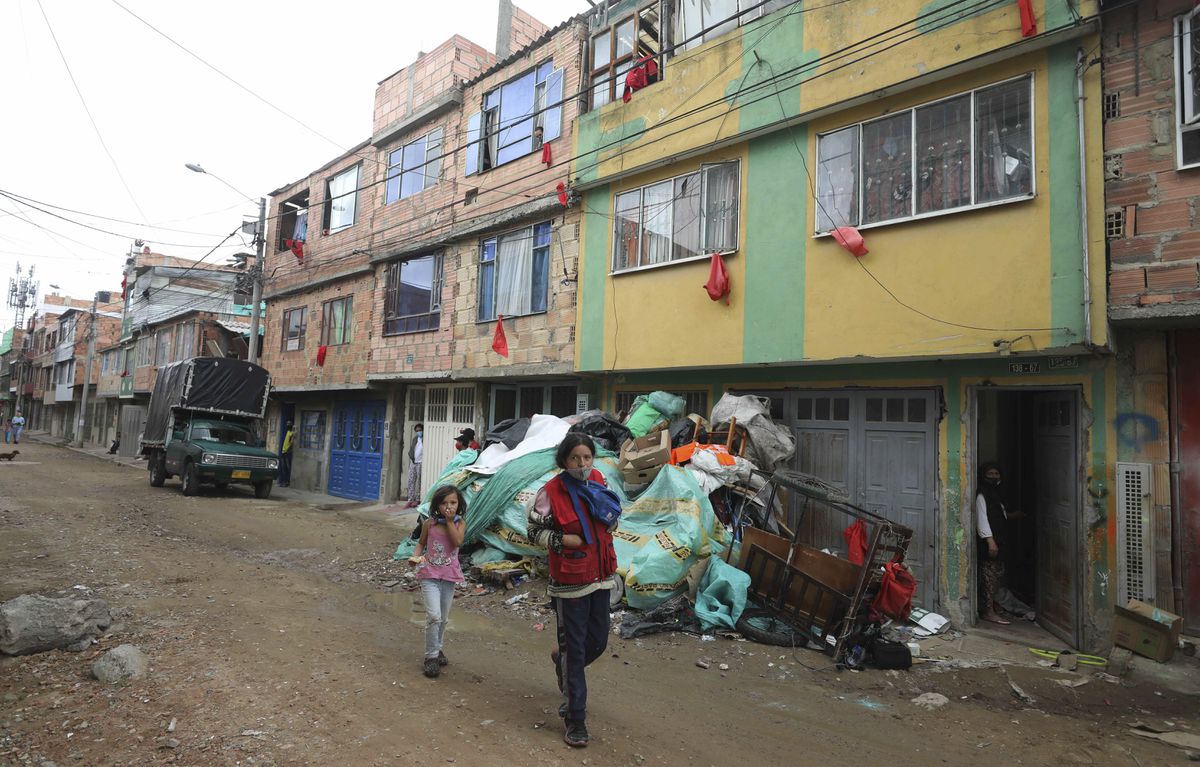

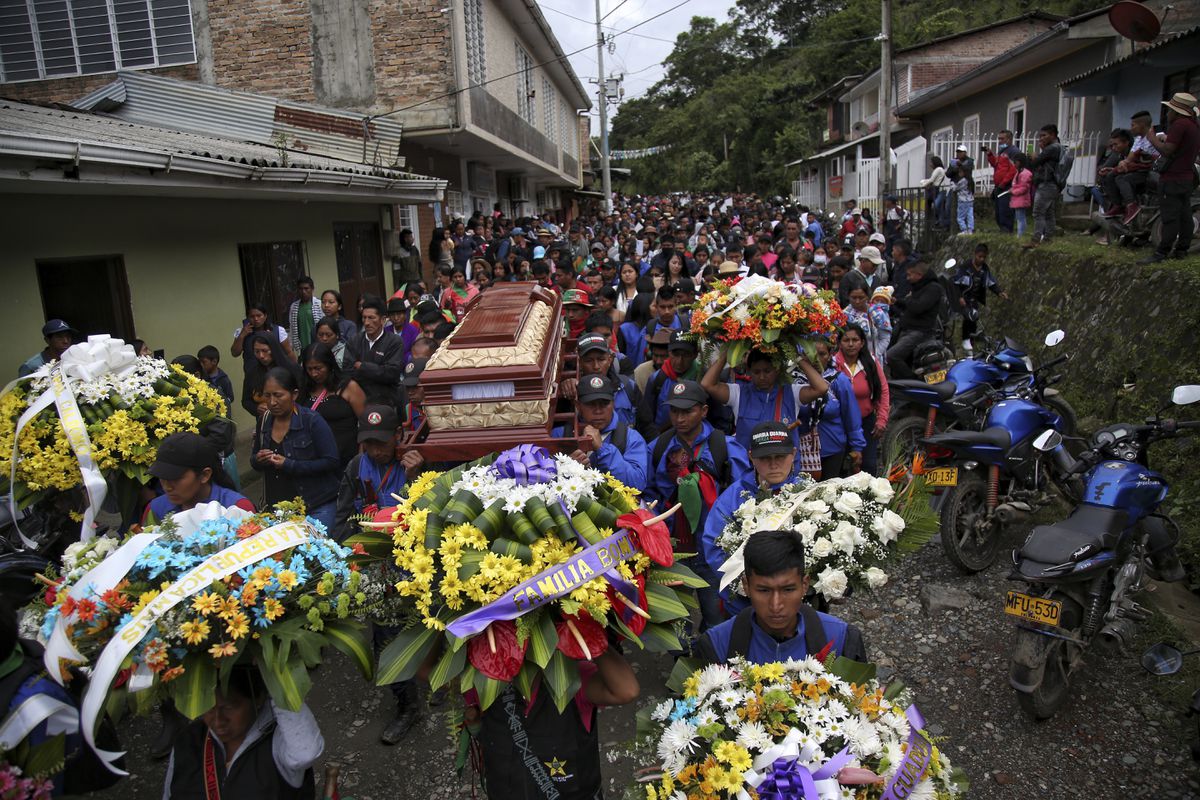
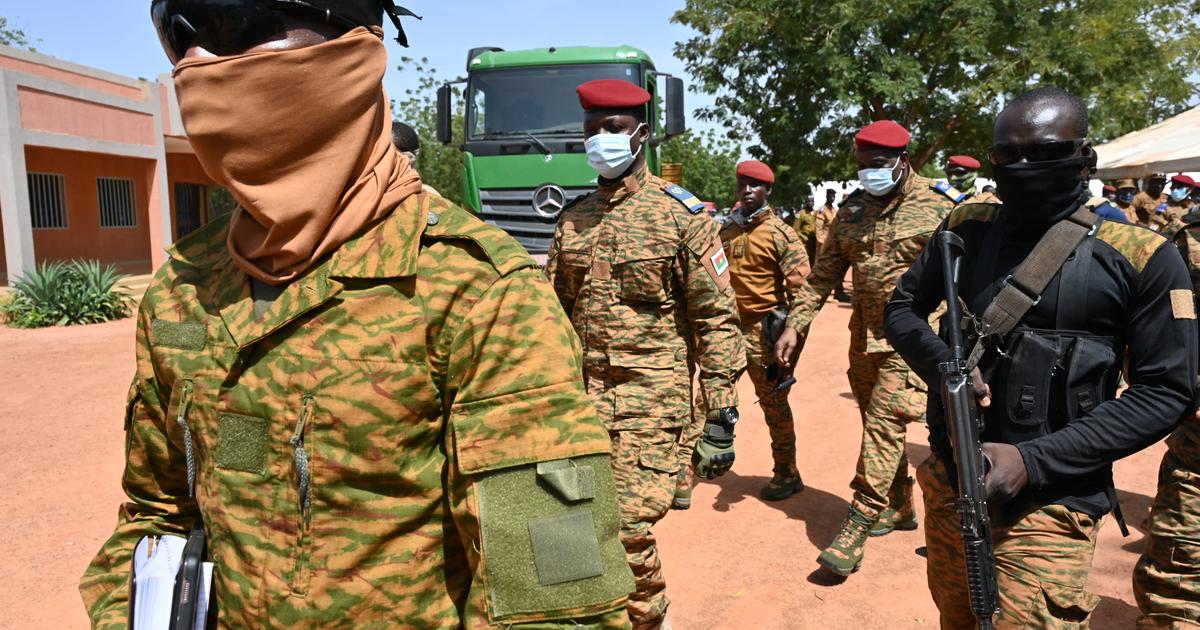
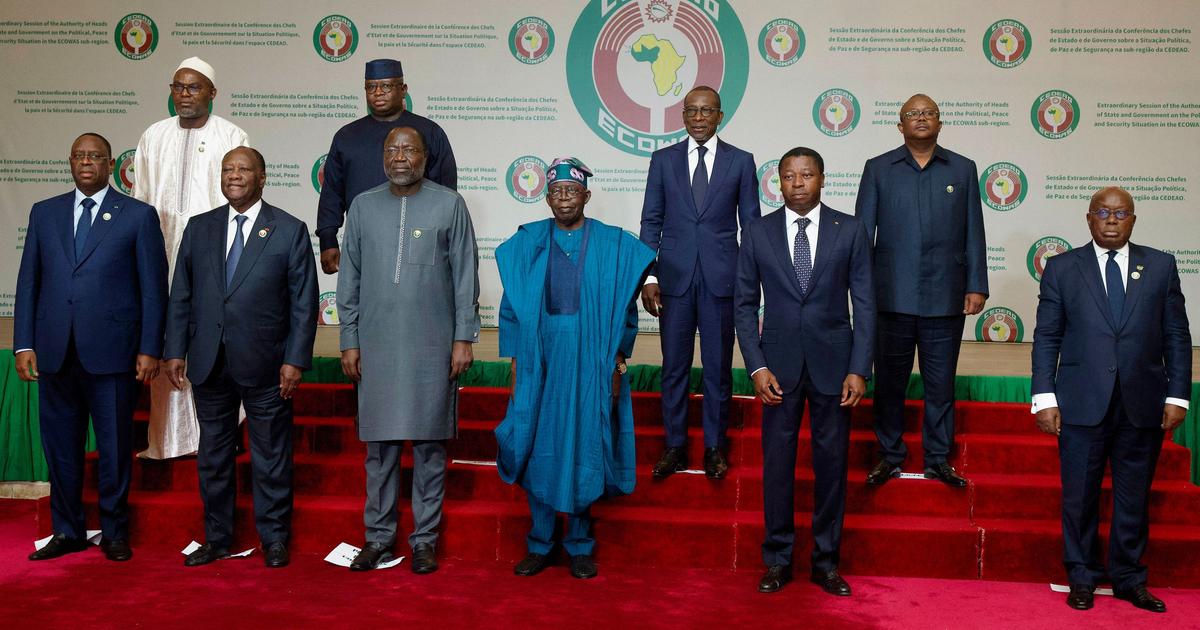
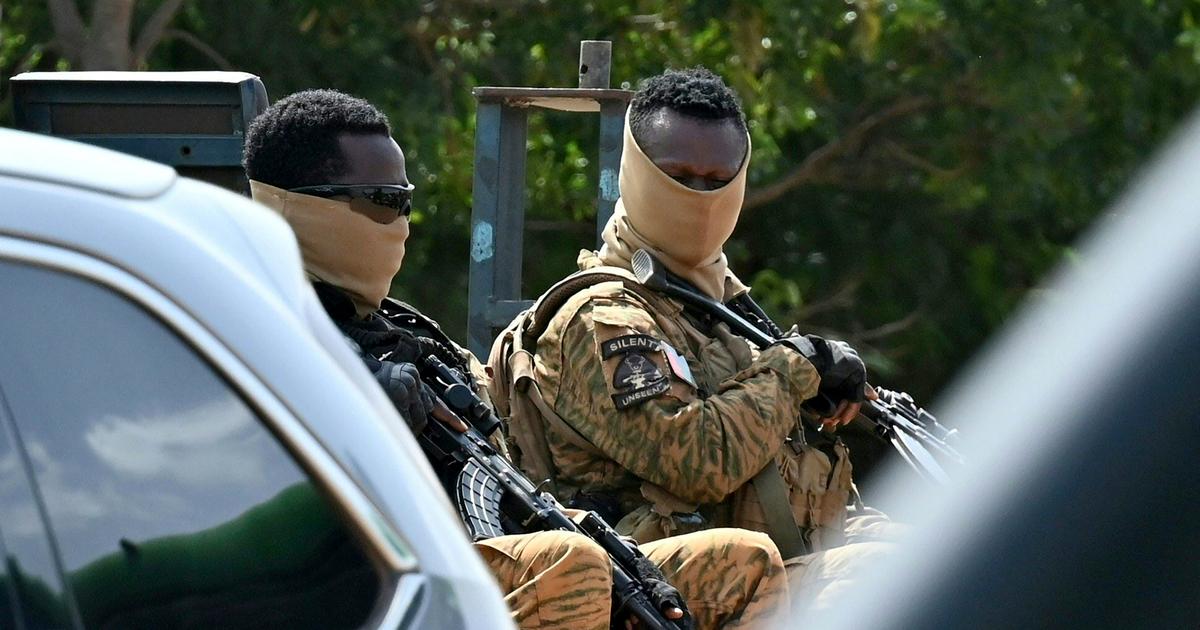
/cloudfront-eu-central-1.images.arcpublishing.com/prisa/KEJKPQHVMJAPJONPEDK42JL56U.jpg)
